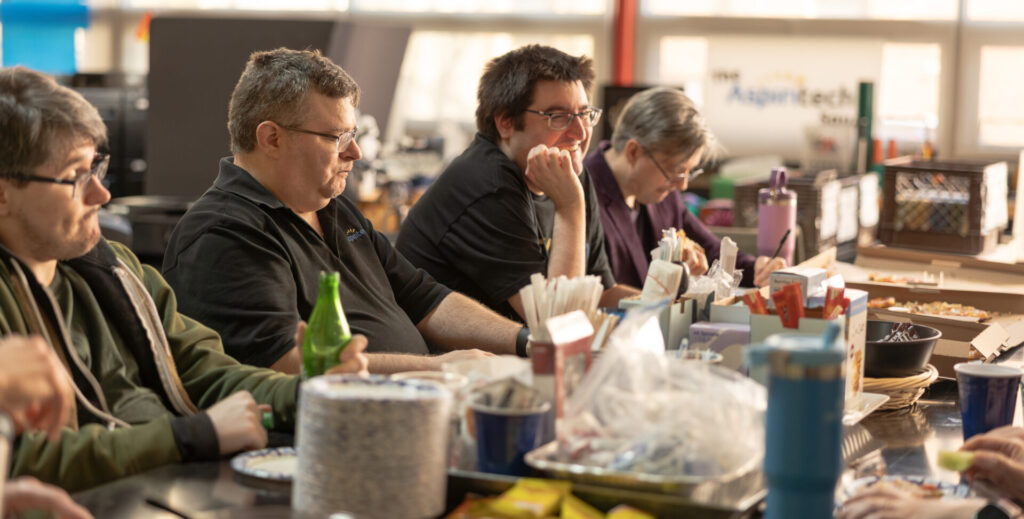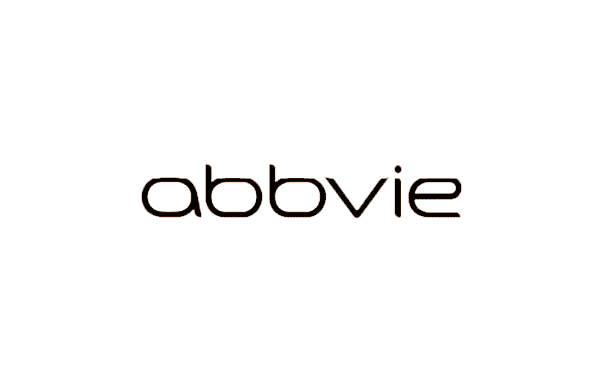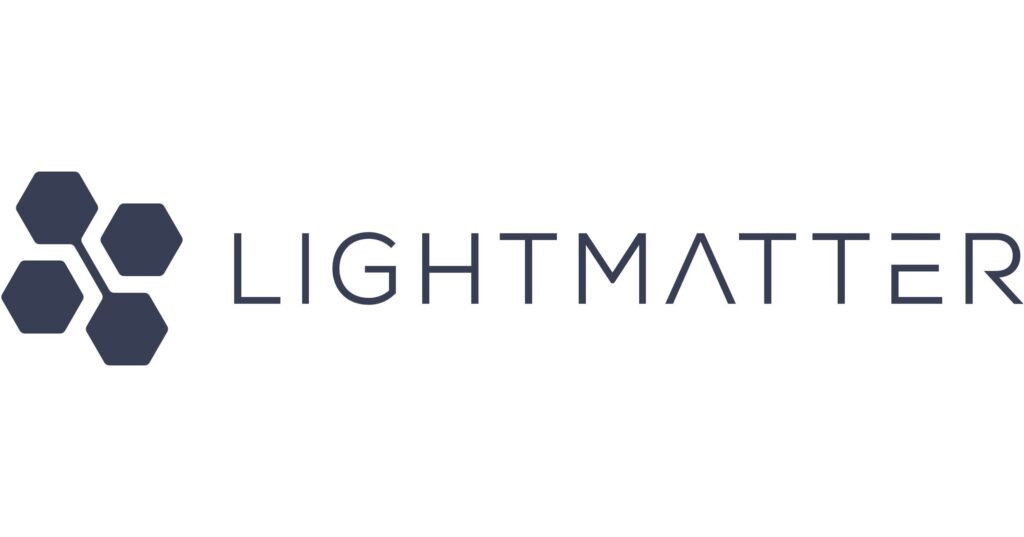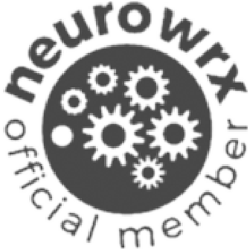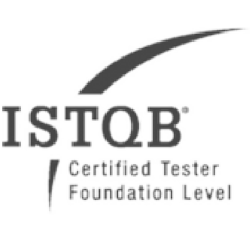The Impact of Inclusion on Workplace Productivity
Consider the findings of an Oxford study: content and fulfilled employees have a remarkable 13% boost in productivity (Bellet). Now, imagine the substantial decline in productivity when employees are unhappy. Your workplace is not just a physical space; it’s the nucleus of your team’s happiness and productivity. By creating an environment where every voice is heard and valued, you’re not just fostering engagement; you’re unlocking the full potential of your team.
A statistic from Salesforce finds that employees are 4.6 times more likely to excel if they feel their voices are heard (Curtin). If you create an atmosphere where people can share their ideas and problems and be listened to and responded to, you are going to see much better productivity. These feelings can be established by understanding and creating a space for all kinds of brains in the workplace.
Here are three ways to build an inclusive workplace in 2024:
Understand Success Factors:
Ask your team about the factors that contribute to their success. Simple accommodations, like a quiet workspace, headphones, or flexible work hours, can significantly boost productivity. Recognize that these adjustments are often easy, low-cost, or even free.
Adapt the Office Environment:
Consider the physical workspace. Create a sensory-friendly environment by addressing factors like lighting, private spaces, and acoustics. Small changes, such as providing headphones or creating private work areas, can significantly improve the work experience for everyone.
Recently, we’ve redesigned office spaces in our Evanston headquarters to be more calming, welcoming, and usable for our neurodiverse team. The chairs, lights and even the textures in the rug were chosen specifically with our team and their needs in mind. This video shares more about the space, our process, and why we believe office design and accommodations are an essential part of being an employer.
Tailor Communication Styles:
Recognize diverse communication styles within your team. Provide information both audibly and visually, allowing individuals to choose their preferred processing mode. Consider different learning styles, processing speeds, and preferences to make communication more effective and inclusive.
Embark on Your Journey: Explore Our Neuro-Inclusivity Resources
We aim to empower businesses with the resources they need to include, support, and engage their organization. Aspiritech is committed to ongoing support through training programs, educational resources, podcasts, and more. With that in mind, we are excited to introduce NeuroGrowth, a groundbreaking initiative aimed at helping businesses understand and embrace the significance of neurodiversity. Aspiritech CEO, Tara May, held a neurodiversity webinar in December, speaking in much more detail on the three tips highlighted in this article.
If you’re ready to take the next step in creating a genuinely inclusive workplace, we invite you to request a free consultation with our NeuroGrowth experts. Your journey towards a more inclusive and productive workplace starts here!
Citations:
Bellet, Clement and De Neve, Jan-Emmanuel and Ward, George, Does Employee Happiness have an Impact on Productivity? (October 14, 2019). Saïd Business School WP 2019-13, Available at SSRN: https://ssrn.com/abstract=3470734 or http://dx.doi.org/10.2139/ssrn.3470734
Curtin, M. (2019) Employees who feel heard are 4.6x more likely to feel empowered to do …, INC.com. Available at: https://www.inc.com/melanie-curtin/employees-who-feel-heard-are-46x-more-likely-to-feel-empowered-to-do-their-best-work.html (Accessed: 15 January 2024).

